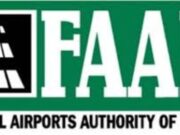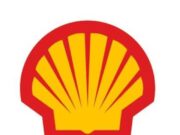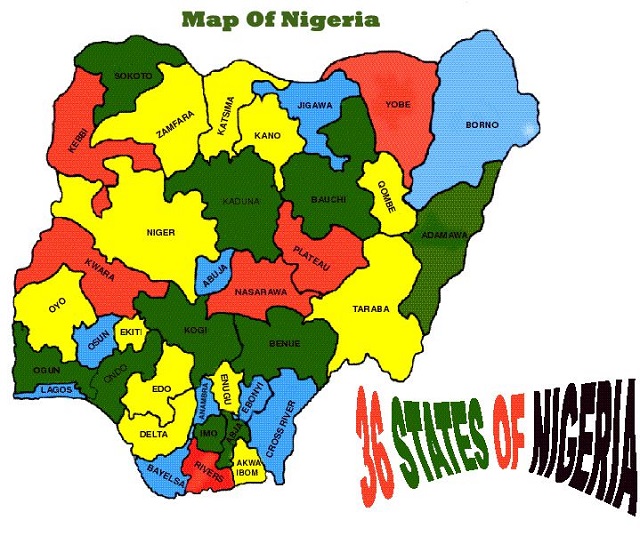Just as the bookmakers predicted weeks ago, Nigerians are facing tough choices as a spike in inflation has rendered essential commodities practically priced out of the reach of the populace as many continue to rue the biting credit crunch.
According to the recently released Consumer Price Index report for the month of June 2022, by the National Bureau of Statistics (NBS), Nigeria’s inflation rate hit a 65-month high as it surged further to 18.6% compared to 17.71% recorded in the previous month.
Inflation refers to changes over time in the overall level of prices of goods and services throughout the economy. The government measures inflation by comparing the current prices of a set of goods and services to previous prices.
This impact has been felt for the most part in the commodities market, where prices have soared high in recent times.
Already, the rippled negative effects are being felt by the association of bread bakers, who embarked on four-days warning strike on Thursday to protest what they termed government nonchalance attitude to their plights.
The Master Bakers Association of Nigeria (MBAN) and smaller Premium Breadmakers Association of Nigeria (PBAN), which together have 700,000 members, want the government to stop charging a 15% levy on imported wheat, and to be issued licences to import sugar.
According to Mr. Emmanuel Onuorah, president of PBAN, prices of staples such as bread, maize and rice have risen since the start of this year, helping to propel inflation to its highest in more than five years in June.
His counterpart at MBAN, Jude Okafor said his members have no option than to shut down for those days to draw government attention to their plights.
Global wheat prices have risen since Russia invaded Ukraine in February, affecting countries like Nigeria that import most of their wheat. Russia and Ukraine are major wheat exporters.
Onuorah said the price of a 50 kg bag of flour had risen 7.4% since June and by more than half this year to 29,000 naira ($70).
The price of diesel has also soared nearly threefold this year.
In separate interviews with our correspondent, experts who reacted to the spike in inflation said the authorities have a lot to do to address the situation.
According to the duo of Dr. Muda Yusuf, renowned economist and CEO, CPP, and Prof. Jonathan Adeyemi Aremu, a Professor of International Economic Relations at the Covenant University (CU), Ota, Nigeria, the apex bank needs to put up more practical measures rather than making cosmetic changes.
Also, the Lagos Chamber of Commerce and Industry (LCCI) said the decisions of the monetary policy committee (MPC) of CBN, in Lagos calls for introspection.
Chinyere Almona, LCCI director-general, said there is a need for a corresponding boost to supply-side factors of inflation to accompany the monetary policy instruments by the apex bank to tackle inflation.
She said supply-side factors like foreign exchange scarcity, insecurity, rising costs of fuels and weak infrastructural support for production must be addressed.
However, she admitted that CBN’s rate hike was seen to be a necessary option considering that many other economies were raising rates for the same reason of taming inflation.
The LCCI boss urged the CBN to maintain its targeted intervention schemes for agriculture, manufacturing/industries, energy, infrastructure, healthcare, exports, and Micro, Small, Medium Enterprises (MSMEs).
Credit: thenationonlineng.net









































































